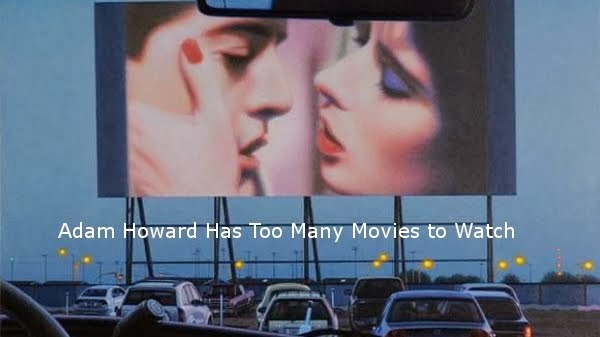It's not as thought Pitt hasn't stumbled over the years with expensive flops like Seven Years in Tibet and Meet Joe Black, as well as his tabloid travails with ex-wives Jennifer Aniston and Angelina Jolie. But he's almost always solid, if not great in most of his major movie star roles -- especially in the latter half of his career, when he really started to learn how to play off his impeccable looks.
In that way, he is not unlike Paul Newman and the actor to whom he is most often compared, Robert Redford. Both of these actors had to overcome an image as a 'pretty boy' to earn the respect of their Hollywood peers as legit actors with range.
I'll admit, like a lot of people, I was skeptical of Pitt at first when he seemed to emerge as purely eye candy in movies like Legends of the Fall and Interview with a Vampire. He seemed like a more laconic Tom Cruise or worse a rich man's Melrose Place cast-member.
It was until his 1995 twofer of Seven and 12 Monkeys, that I, and I am sure a lot of audiences, too, started to take notice that Pitt was far more than just a pretty face. In the former he was like a kinetic update of James Dean and in the later a gonzo character actor who was willing to go over the top and back again.
 In the years since he's shown a knack for comedy in Burn After Reading and the Ocean's films, an ability to do pathos (his performance in Moneyball should have won him the Oscar), big genre movies (World War Z) and quirky character work (Inglourious Basterds).
In the years since he's shown a knack for comedy in Burn After Reading and the Ocean's films, an ability to do pathos (his performance in Moneyball should have won him the Oscar), big genre movies (World War Z) and quirky character work (Inglourious Basterds).In this late career peak for Pitt, his best performance may have been in Terrence Malik's magnum opus The Tree of Life.
In that ambitious, sprawling film, he plays a troubled, domineering father in the mid 20th century to stirring perfection. He wasn't even nominated for this performance, perhaps overlooked because he is sort effortlessly great in the film.
This year, in Once Upon a Time in Hollywood, and if the early reviews are any indication, in Ad Astra, he's finally getting fully appreciated for what he brings to the screen -- a dash of old school cool movie stardom mixed with a kind of world weariness that seems bone deep.
A narrative is forming, that unless he squanders it, suggests that this will be the year he finally takes home an Oscar, and after all these years it does seem as though he is long overdue. He is, like the heroes of Tarantino's polarizing movie (I still love it and defend it), he is part of a dying breed.
Clooney is making far fewer movies now. Will Smith is very hit or miss (mostly miss these days, although I have high hopes for Gemini Man). Hanks and Denzel are starting to age out of the A-list. Robert Downey, Jr. has to prove he can sell tickets consistently outside of his Iron Man suit, same goes for Tom Cruise when it comes to his Mission: Impossible franchise, and Johnny Depp has pretty much destroyed his reputation, perhaps irrevocably.
Ironically or perhaps from Tarantino's perspective intentionally, the only real peer (we're talking males here) in movie stardom right now is his Hollywood co-star Leonardo DiCaprio. What's curious is DiCaprio's stardom has been largely defined by his very physical, demonstrative performances in movies like The Wolf of Wall Street and The Revenant, whereas Pitt's power comes from him doing so much by doing so little.
Both men do some of their best work in Tarantino's latest, and I love that Pitt's subtler stuff is getting just as much praise as DiCaprio's showier scenes. Hell... I'd nominate him for his abs alone, but he really is a one of a kind performer warts and all, and I'm assuming he doesn't have warts.

















